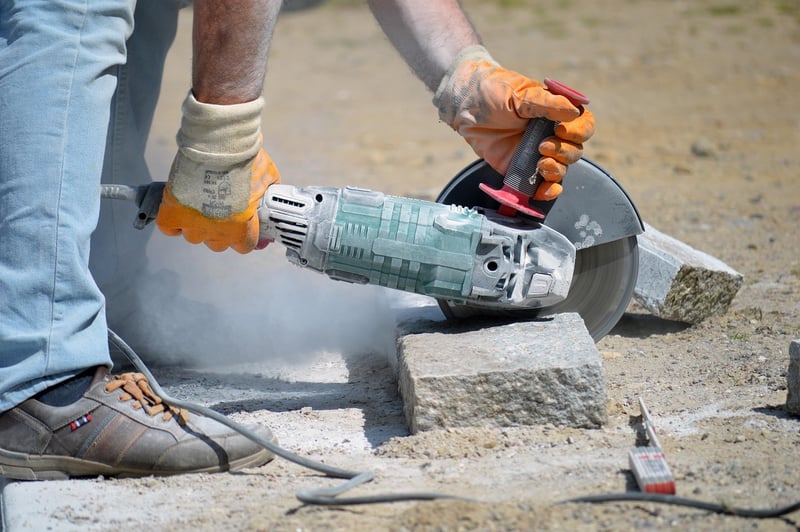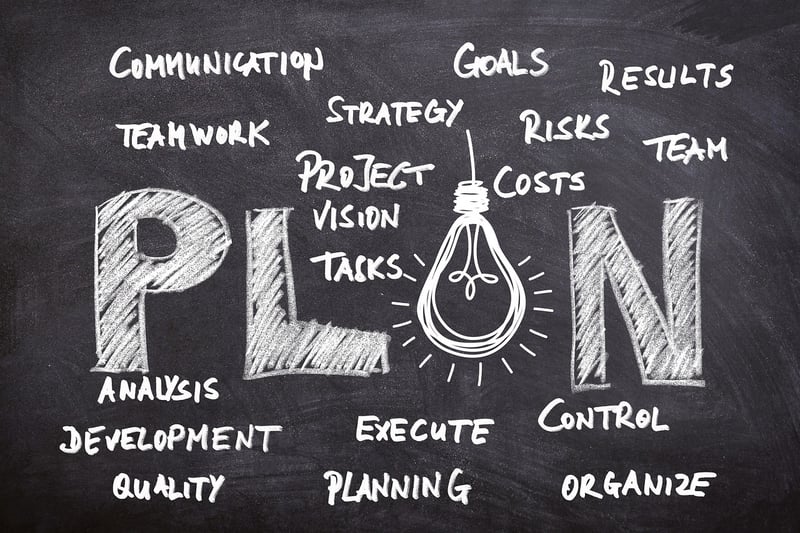Career Planning
Exploring Future Avenues and Career Planning
Welcome to our guide on exploring future avenues and career planning! Whether you're a recent graduate, contemplating a career change, or seeking advancement in your current field, having a well-thought-out career plan is essential for long-term success and satisfaction.
Assess Your Interests and Skills
The first step in career planning is to assess your interests, values, and skills. Consider what activities you enjoy, what subjects you excel in, and what values are important to you. This self-assessment will help you identify potential career paths that align with your strengths and preferences.
Research Potential Career Paths
Once you have a clear understanding of your interests and skills, research potential career paths that match your profile. Use online resources, speak to professionals in your desired field, and attend career fairs to gather information about different industries and job roles.
Set Clear Goals
Based on your self-assessment and research, set clear and achievable career goals. Whether it's obtaining a certain degree, gaining specific skills, or reaching a particular position, having well-defined goals will provide you with a roadmap for your career progression.
Develop a Career Plan
Develop a comprehensive career plan that outlines the steps you need to take to achieve your goals. This plan should include short-term objectives, such as acquiring certifications or completing training programs, as well as long-term goals, such as securing a leadership position or starting your own business.
Seek Mentorship and Guidance
Mentorship can be invaluable in guiding your career decisions and providing you with insights from experienced professionals. Seek out mentors in your desired field who can offer advice, share their experiences, and help you navigate the challenges of career development.
Continuously Learn and Adapt
In today's rapidly evolving job market, continuous learning is essential for staying relevant and competitive. Stay updated on industry trends, participate in professional development opportunities, and be willing to adapt your career plan as needed to seize new opportunities.
Conclusion
Career planning is a dynamic process that requires self-reflection, research, goal-setting, and continuous learning. By taking proactive steps to explore future avenues and plan your career trajectory, you can position yourself for success and fulfillment in your professional life.
Remember, the journey to a successful career starts with a well-defined plan and a commitment to growth and development. Best of luck on your career planning endeavors!

For more career planning resources and tips, visit CareerPlanning.com.
